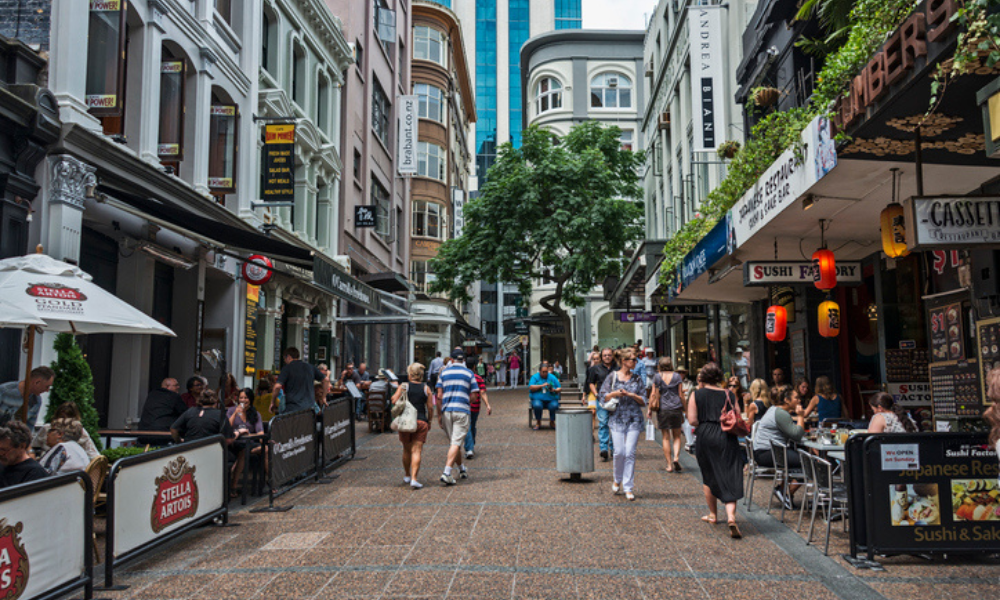
Retail crime costing employers hundreds of millions in wellbeing costs

The total cost incurred by retailers due to retail crime has reached a total of $2.6 billion annually, including hundreds of millions spent on employees' wellbeing costs, according to new research from Retail NZ.
The report revealed that $0.1 billion of wellbeing costs is passed on to consumers as a result of retail crimes. These wellbeing costs include employee training, employee assistance programmes and counselling, losing employees, as well as sick or other leave.
But this is just three per cent of the total cost incurred by employers because of retail crime, according to the report. A bigger $1.4 billion (53% of the total cost) is related to stolen goods, while $1.1 billion (44%) is related to direct costs of loss prevention.
The billions worth of damages come as 92% of retailers said they experienced some form of retail crime over the past 12 months, higher than the 81% in 2017. These crimes include:
The report attributed the increase to organised crime, people stealing to fund their addiction, and young people who want to notoriety on social media.
It is also attributed to inadequate resourcing of police to support retailers, clogged court system, as well as the high cost of living.
"The aggression, violence, and general crime in our shops is getting worse each day, as increasingly brazen and organised criminals are putting the public and retail employees in imminent danger," said Retail NZ chief executive Carolyn Young in a statement.
"What makes it worse is that most of them think they can get away with it, treat retail workers like second-class citizens and have no understanding how their actions impact the staff and the business."
According to the report, retail crime has a negative impact on the mental health and wellbeing of employees and business owners. It also has serious risks to physical health, injuries, and death.
As a result of these crimes, the sector is suffering from staff retention issues and higher recruitment and training costs as the public sees retail as more dangerous and less desirable place to work.
Retail NZ is now calling for a coordinated effort in curb retail crime.
"There is a role for retailers, Retail NZ, and the Government to curb this rising tide of crime and call on the political parties elected to adequately resource police, unclog the court systems and create better deterrents, like the trespass laws used in the UK," Young said.
According to Retail NZ, the government should unclog the court systems, create specific offences for crimes against retail workers, as well as impose instant fines for petty offences, among others.
"Retailers are fighting for their livelihood, in many cases literally, so we plead with the Government to step up and give them the support to protect the retail sector," Young said.
Retailers are also urged to train staff for emergencies, create stronger links with the police, review security systems, and ensure staff support if an incident occurs.
For the role of Retail NZ, Young said it will bridge better partnerships with the police and other agencies, drive sector-wide solutions, and develop training modules for retailers.
In 2021, retailers launched a Declaration on Violence and Anti-social Behaviour that outlines acceptable and not acceptable behaviour for customers.
The New Zealand police also established a Retail Investigation Support Unit to protect workers from abusive customers.